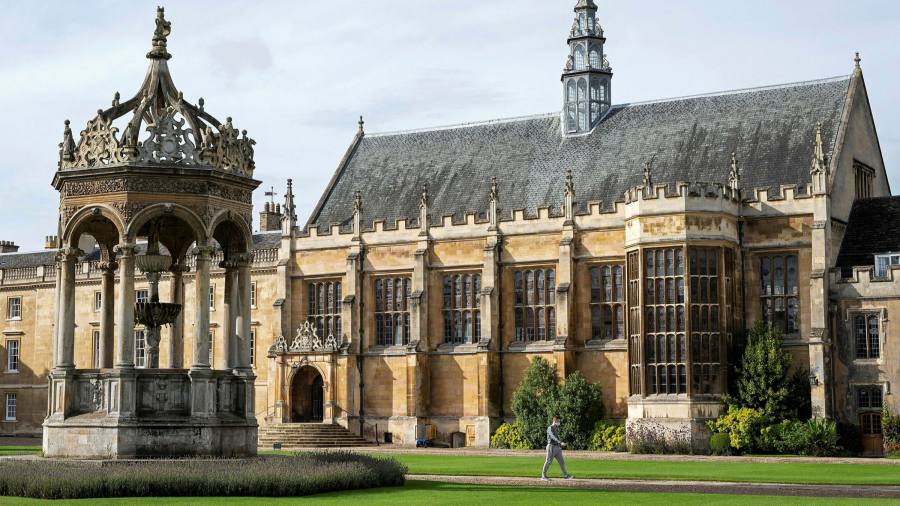In the seven years since Claire Smith finished her PhD in modern languages in the UK, she has won four prizes, published two books and secured a prestigious fellowship that drew 900 applicants for 40 places.
What she hasn’t got is a job. She has worked a nine-month contract, a two-year contract, a three-year contract and another nine-month contract. For the last one, which was far from home, she would leave at 5am to start teaching at 10am, then stay in a cheap B&B or sofa-surf for three days a week. Now, having just had a baby, she doesn’t know when — or if — the next contract will come along. (She asked for a pseudonym for fear of damaging her prospects.)
In the public imagination, academia is synonymous with secure, even life-long, jobs. But in a number of countries, universities are perfect microcosms of what economists call dualised labour markets. Secure insiders work alongside a periphery of insecure outsiders who are jostling desperately to get…
